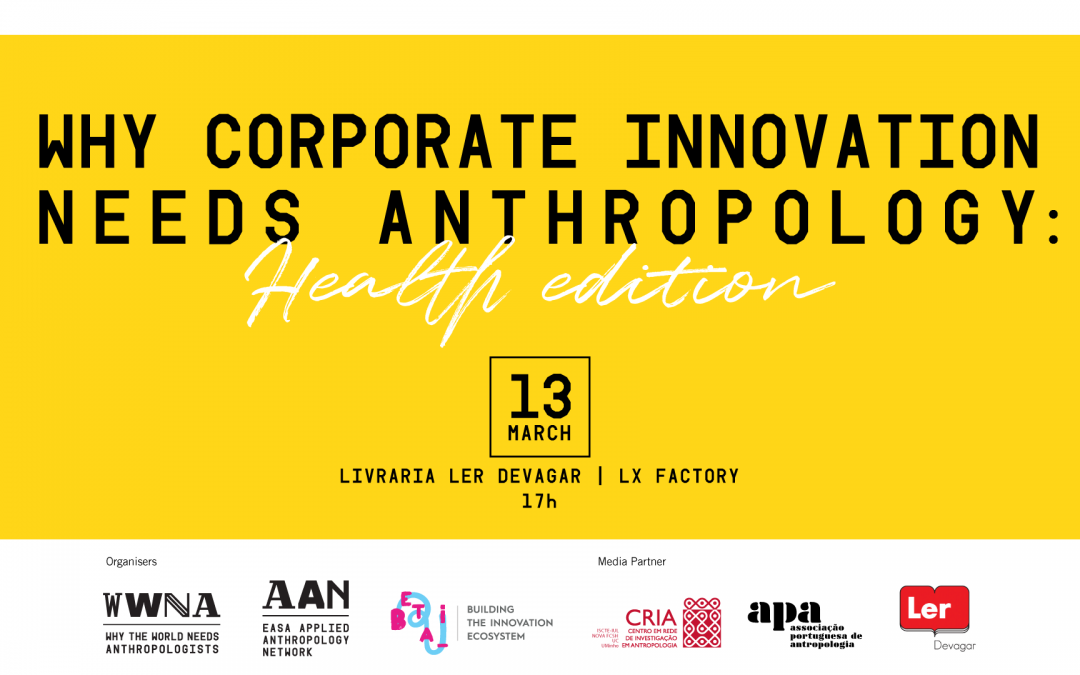Think Like Your Customers: Beta-i helps Galp bring their customer-centricity into focus

Beta-i partnered up with Galp to help bring customer-centricity into the culture of Galp. This resulted in the project “Think Like Your Customers”, a training program focusing on human-centricity through design thinking.
According to an article on Harvard Business Review, the greatest barrier to customer centricity is the lack of a customer-centric organizational culture. Since most companies are product-centric, or customer-centricity is a concern only in marketing or customer care functions, to implement a customer-centric approach to business is necessary to have a culture that aligns with it — and leaders who deliberately cultivate the necessary mindset and values in their employees.
What is Customer Centricity?
A customer-centric approach adds value to a company by enabling it to create a unique user experience and differentiate itself from competitors who do not offer the same experience.
A customer-centric approach to business entails:
- Thinking like a customer
- Dealing with needs, not wants
- Providing solutions, not just products/services
- Focusing on Customer Lifetime Value
- Being proactive instead of reactive
Getting out of the Building
In order to shift into this strategic centricity, it was important for Galp to lean in one its strategic pillars: to enable employees for a cultural shift and give them the tools and skills to problem solve.
To be client-centric you have to be employee-centric.
João Filipe Torneiro, Head of Marketing & Business Development at Galp
For João Torneiro, Head of Marketing and Business Development at Galp, it’s clear that to innovate in the energy sector it’s essential to transform the internal culture: “A company like Galp, a leader in the sector, cannot afford to not move into customer centricity, and in doing so, cannot afford to not take risks. Which is what our team is doing.”
To achieve this, Beta-i devised a training program for Galp’s collaborators focusing on human-centricity, using design thinking methodologies.
The program had 60 participants across different departments, from retail to marketing and tech.
The first phase of the training consisted of workshops in design thinking and the customer journey, customer interviews and prototyping.
Then, the employees put their new learnings to the test – by actually going into multiple Galp gas stations and convenience stores and interacting with real customers in order to identify their pain points and their unmet needs.
For the second phase of the training, they worked in groups to focus on a particular problem and, through ideation, find and prototype a customer-centric solution for the gas stations’ customer experience – actually becoming innovators the way startups do, with coaching from the Beta-i team.
The final show
The final results and proposal were showcased to the Galp collaborators on a small private event. The excitement in the room was palpable, as participants showcased and explained their innovation journey to other colleagues. These projects ranged in scope – from payment solutions and digital solutions to the reinvention of the space and purpose of gas stations.
Susana Quitério, from Business Intelligence, shared her experience in the project, noticing how the methodologies and first-hand experience can add and complement standard market research, and even how the research became even more relevant in the support of innovation.
Even for employees working directly with operations of the gas stations, the new methodologies allowed them to “take-off the operations manager hat” and find new approaches to the business and rethink what they can offer to consumers.
It was challenging to walk the customer’s journey and try to understand each phase and its pain points. It definitely made us more creative in regard to problem-solving.
As highlighted by João Torneiro, and also Joana Teixeira, Beta-i’s project manager, the experience achieved its important goal: changing the mindset towards customer-centricity and acquiring the skills to problem solve.
“This is a great outcome thanks to the joint effort of our team and Beta-i, who brought the added value of the knowledge in methodologies and innovation experience.”
João Torneiro
Head of Marketing & Business Development at GalpJ

